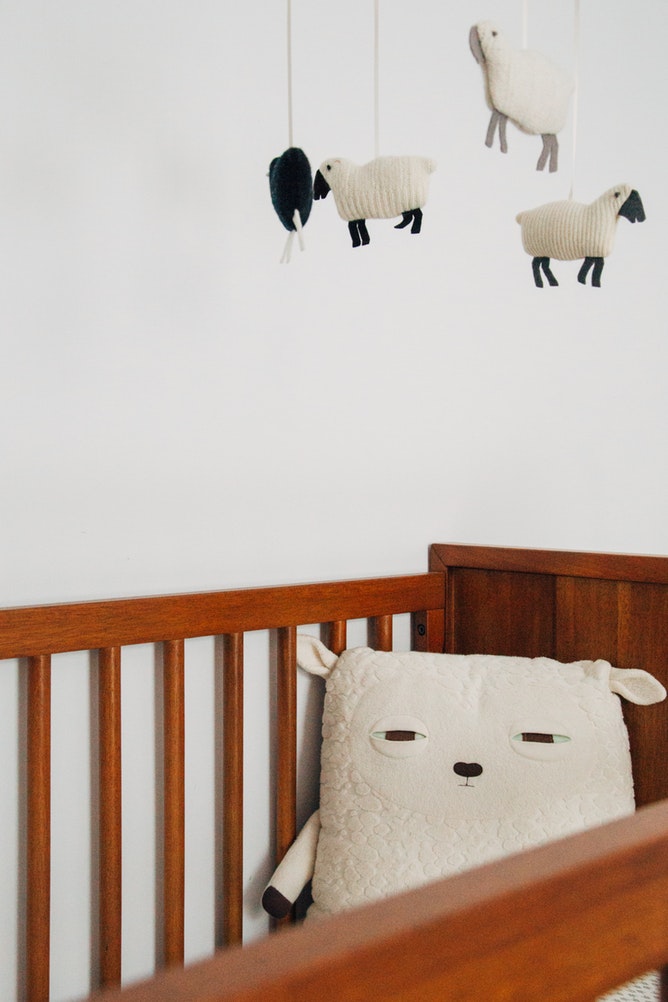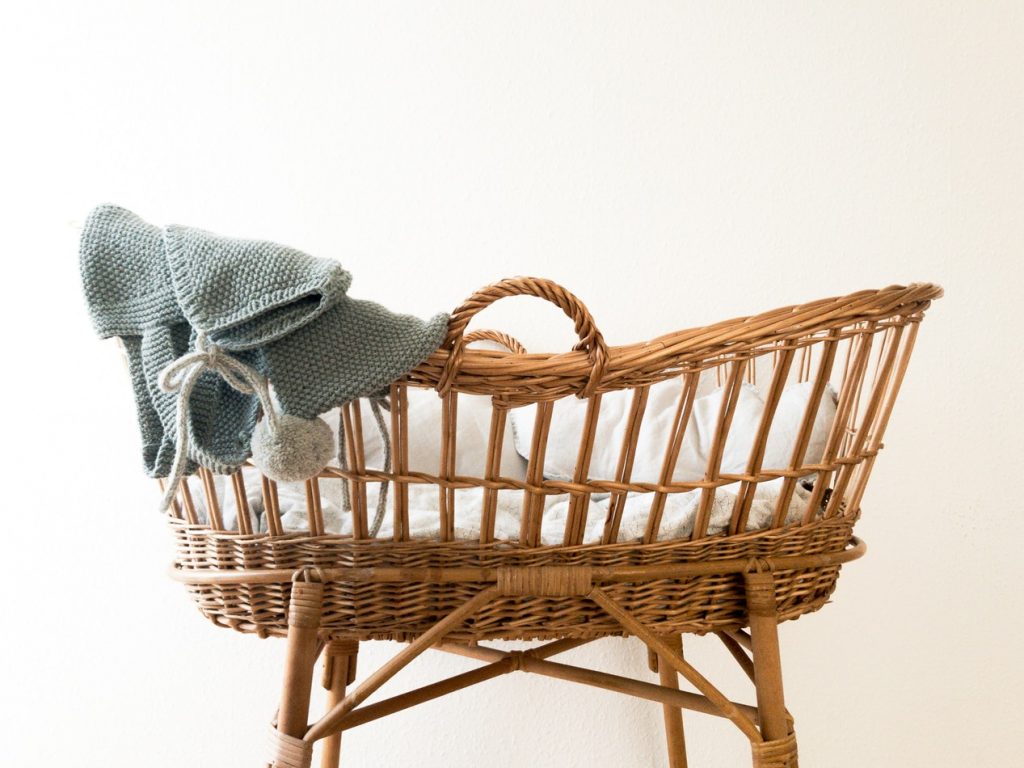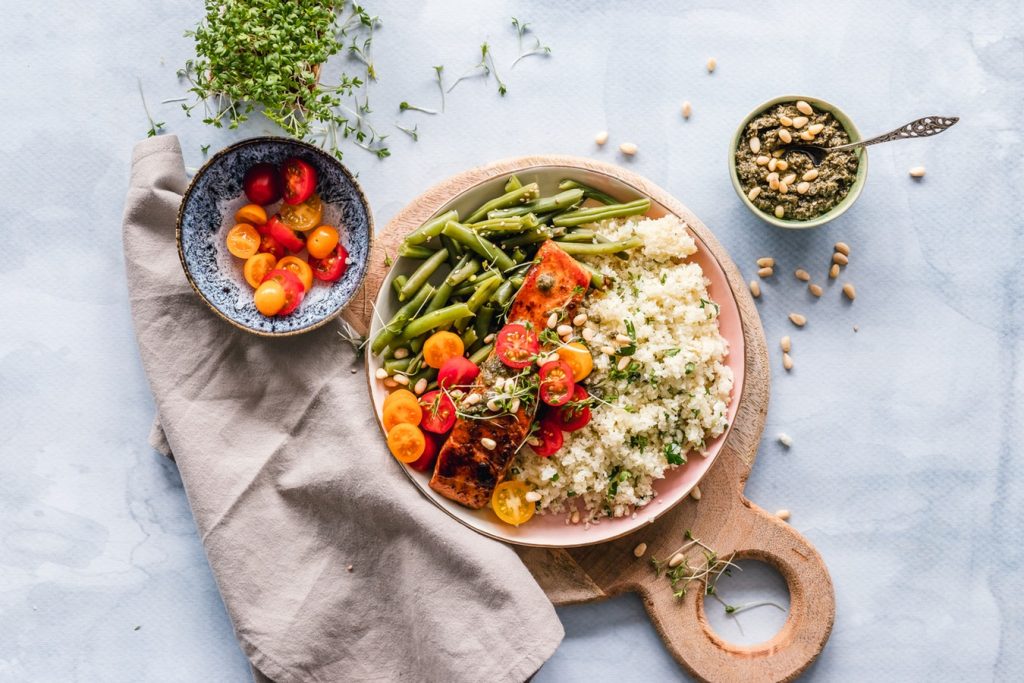Bloating, fatigue and painful periods can all be signs of endometriosis. But infertility can be its most heartbreaking symptom.
Each March, Endometriosis Awareness Month highlights the debilitating condition affecting an estimated 176 million women worldwide – including 700,000 Australians.
Uncomfortable bloating, fatigue and heavy periods are all signs of endometriosis. But for those trying for a baby, infertility can be the most shattering part of enduring “endo”.
Fertility and prenatal dietitian Melanie McGrice shares her advice on what sufferers should know about endometriosis when trying for a baby.
Endometriosis can block your body from conceiving
Endometriosis occurs when the tissue that normally lines the inside of the uterus grows in other areas of the body.
The inflammatory condition can impact reproductive organs, including the fallopian tubes, creating a physical barrier when you’re trying to conceive.
“If your fallopian tubes are blocked or damaged by endometriosis, it can make it difficult for the sperm and eggs to get through,” Melanie explains.
Know what to look out for – and when to get checked
As well as the telltale signs including painful periods, fatigue and bloating, the inability to conceive can be an indicator of endometriosis.
“If you’ve been trying to get pregnant unsuccessfully for six months, it’s worth making some enquiries with your doctor,” advises Melanie.
Even if you’re not trying for a baby yet, ignoring the signs may make it more difficult to conceive later.
“There’s no need to feel guilty if you haven’t managed your endo in the past, but optimising your lifestyle with a nutritious diet makes it more likely you’ll be able to conceive more easily when you’re ready,” she says.
Nurture with a natural approach
A low FODMAP, low-inflammation diet may help manage symptoms and provide natural pain relief, says Melanie.
“Boosting your intake of healthy fats from foods such as fish, nuts, avocado and extra virgin olive oil can help to reduce inflammation and keep your eggs healthy,” she says.
Aim to limit high FODMAP foods such as onions, garlic and apple juice.
“Also cut back on foods high in sugar or saturated fat that cause inflammation including bacon, biscuits and ice cream,” she says.
More: What should I eat if I have endometriosis?
Look after yourself to lessen stress and stay calm
Trying to get pregnant can be enough of an emotional time without the added strain of endometriosis.
Melanie suggests introducing a self-care schedule to help ease stress and remain positive.
“Try to relax with gentle exercise like getting outside in the garden or going for a walk or swim, and make sure you have someone you can talk to who understands what you’re going through,” she says.



